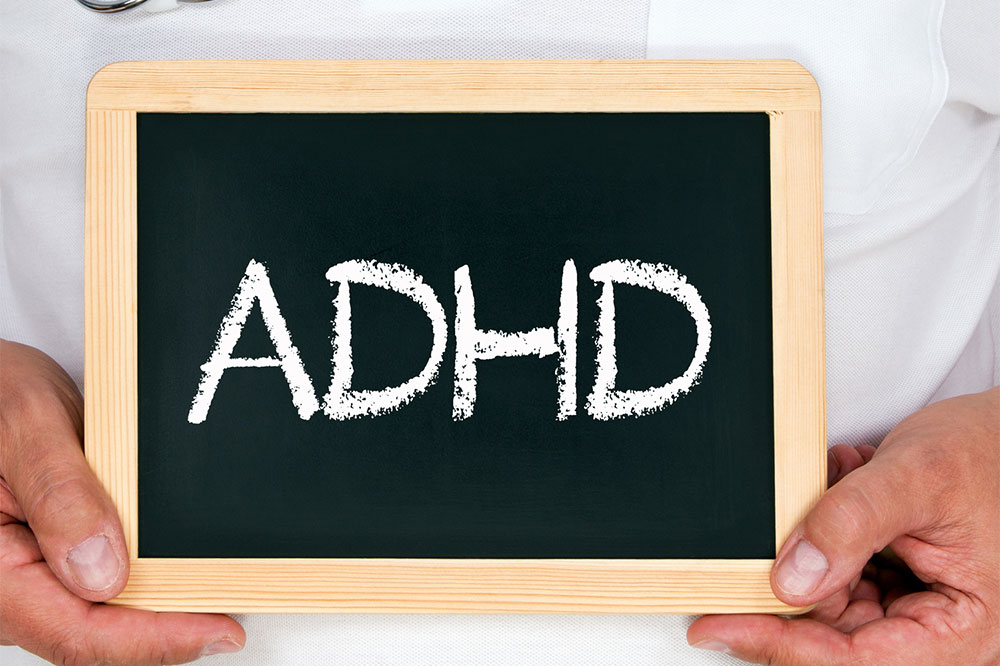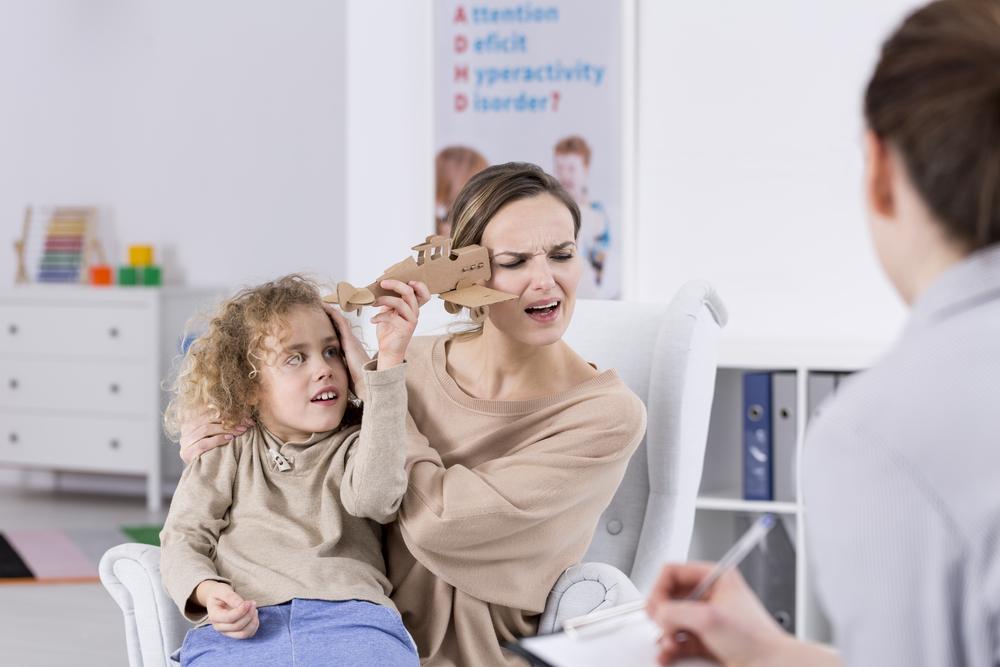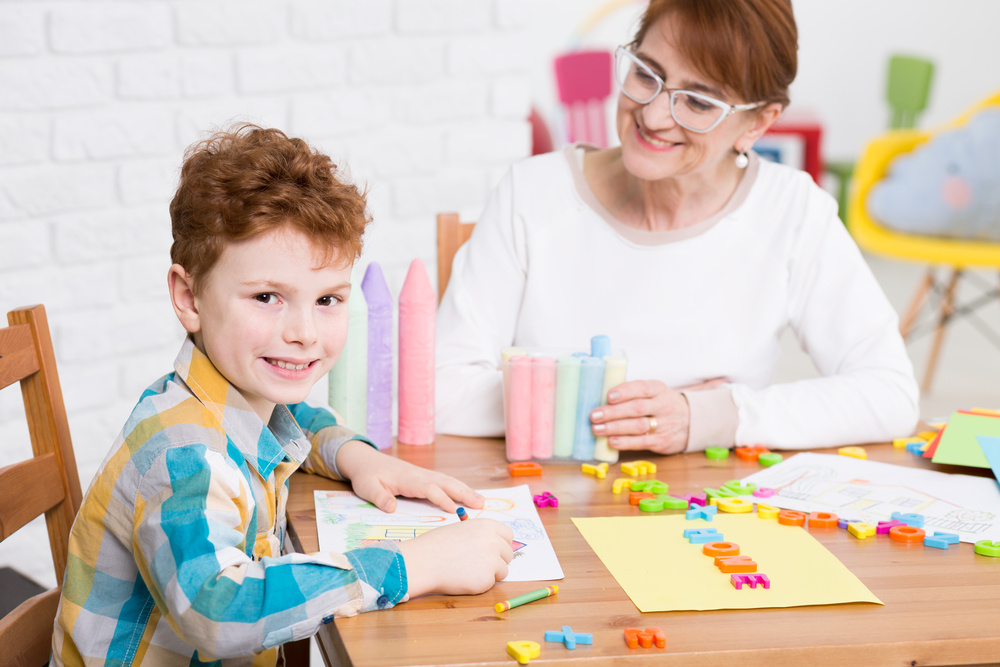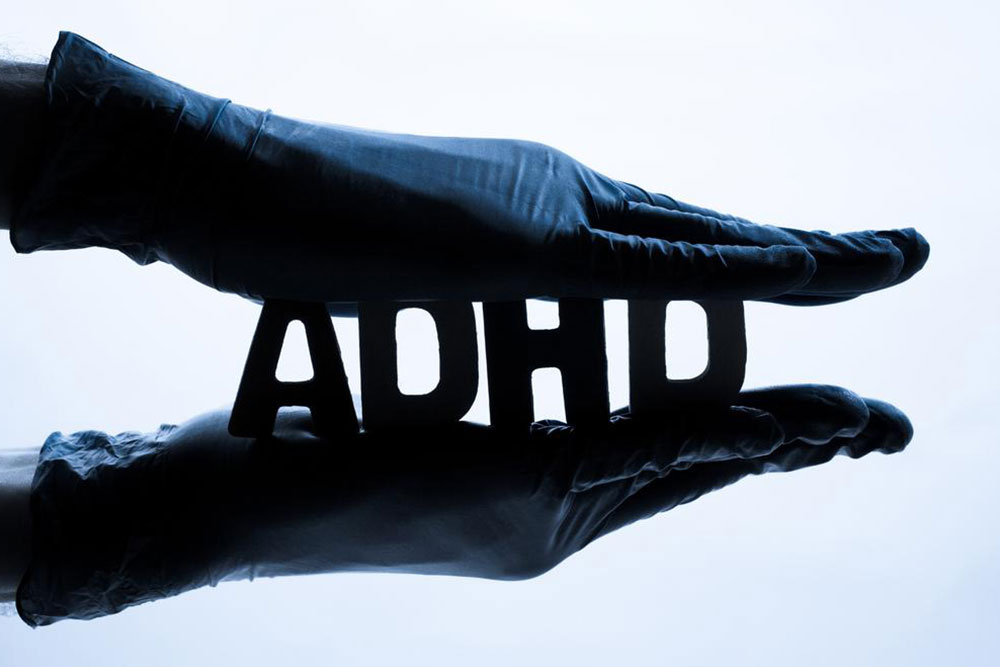Identifying ADHD Symptoms in Young Children
This article helps parents identify early signs of ADHD in toddlers, highlighting behaviors such as hyperactivity, inattention, and impulsivity. It emphasizes the importance of early diagnosis and parental support to manage symptoms effectively. Understanding the diverse ways ADHD can present in young children is crucial for fostering healthy development and social skills. Recognizing these signs early can lead to better intervention and support tailored to each child's needs.
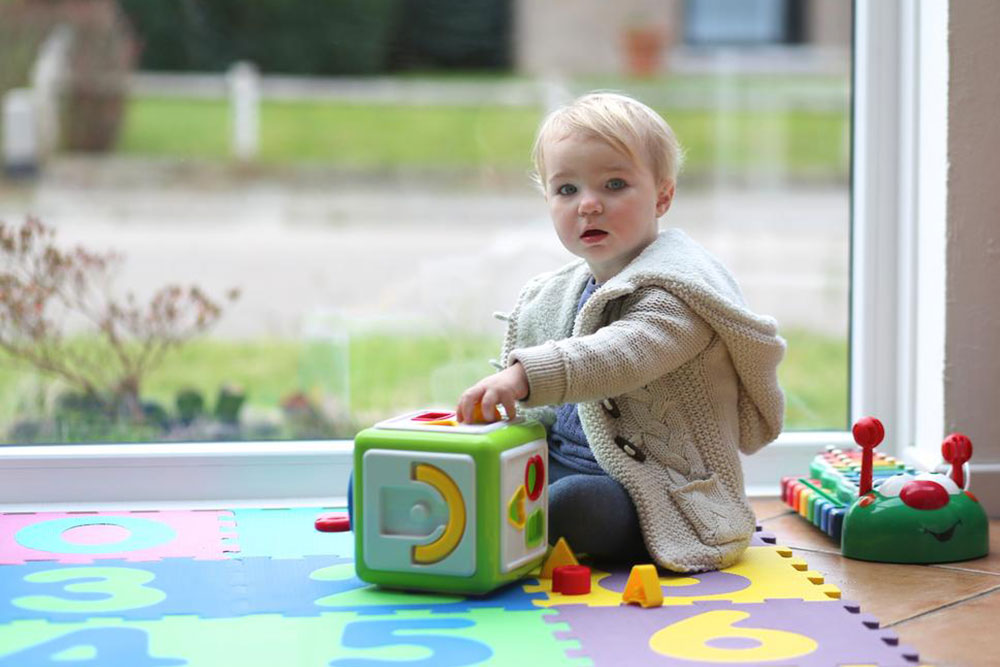
Recognizing Signs of ADHD in Toddlers
While all young children may struggle with sitting still, focusing, or controlling impulses, these behaviors are typically part of normal development. However, persistent patterns across multiple settings like home, preschool, and playground could indicate ADHD (Attention Deficit Hyperactivity Disorder). If behaviors are only occasional or situation-specific, they are less likely to be related to ADHD.
Common early signs include constant restlessness, difficulty relaxing, mood swings, daydreaming, and challenges in completing tasks. Hyperactivity is a hallmark, with affected children often unable to stay still and jumping between activities. Nonetheless, ADHD presentation can vary; some children may appear quieter, distracted, or overly impulsive without disruptive behavior.
ADHD symptoms often emerge early in childhood.
Indicators include:
Restlessness and constant fidgeting
Difficulty remaining seated or relaxed
Temper fluctuations
Frequent daydreaming
Trouble completing tasks or excessive focusing
While many toddlers are active naturally, those with ADHD may struggle to sit or stay focused, jumping from one activity to another or attempting multiple tasks simultaneously. Some may be inattentive, quiet, or overly impulsive without disruptive actions.
Children may exhibit different ADHD types: inattentive, hyperactive-impulsive, or a combination. Recognizing these signs helps in early intervention to support development and social interactions.
Early diagnosis and proper management can improve a child's learning ability, social skills, and overall well-being. Parental understanding and patience are crucial, as raising a child with ADHD can be challenging but ultimately rewarding. Approaching these behaviors with empathy rather than judgment makes a significant difference for the child's growth.
If you suspect your toddler has ADHD, consulting a healthcare professional for guidance is recommended. Effective treatment often includes behavioral therapy and parental support to address specific needs and foster healthy development.
Note:
Our blog offers practical insights across various topics. The information provided is for educational purposes and should not replace professional diagnosis or treatment. The editorial team does not take responsibility for discrepancies or inaccuracies in information from other sources. Please seek expert advice for health-related concerns.




